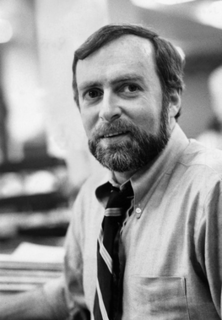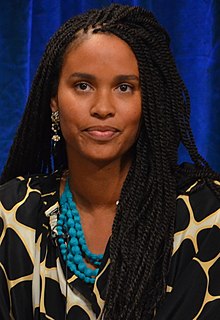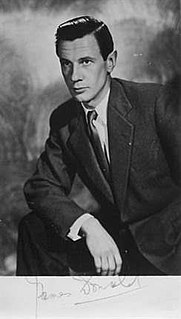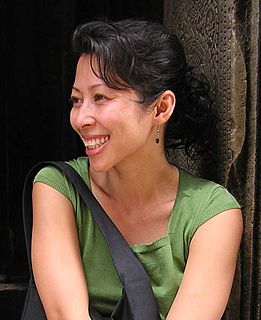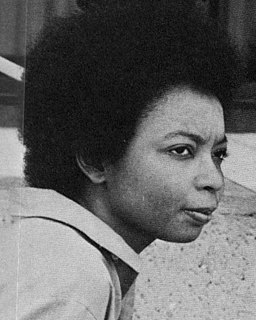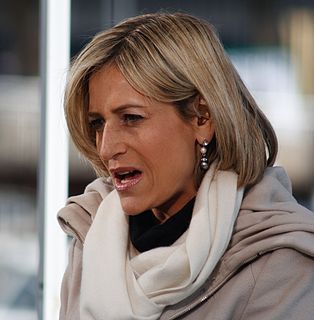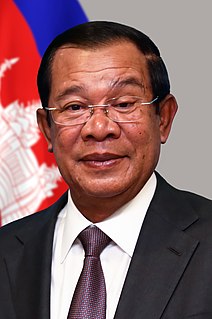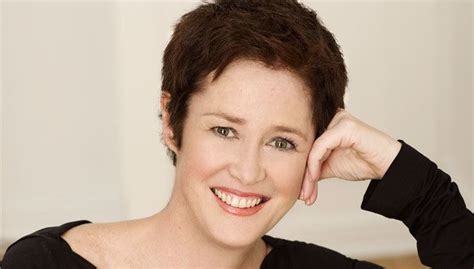A Quote by Rithy Panh
People of my generation did not like very much to tell what we lived through during the Khmer Rouge regime.
Quote Topics
Related Quotes
What inspired me most was the resilience of the Cambodian people. The country is still living with the trauma of the brutal Khmer Rouge regime. People lost everything - family, friends. The rich culture of Cambodia was nearly extinguished. They are a nation of survivors. And while poverty and infant mortality affect a disproportionate amount of the people there, those I met were hopeful for the future and doing the best they can with
what they had.
My great-grandmama told my grandmama the part she lived through that my grandmama didn't live through and my grandmama told my mama what they both lived through and my mama told me what they all lived through and we were suppose to pass it down like that from generation to generation so we'd never forget.
I did go to Vietnam in 2000 as a kind of pilgrimage and to feel my generation was very much a part of this. I felt responsible but also connected and empathetic. It was a very complicated relationship we had, whichever side you were on. The shock of being there was very few people my own age - I was primarily in the North in the streets of Hanoi. A whole generation was essentially decimated.

